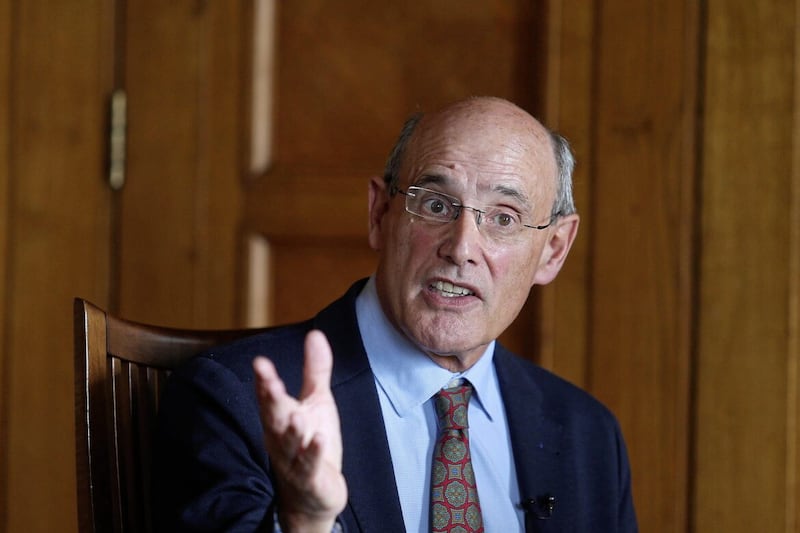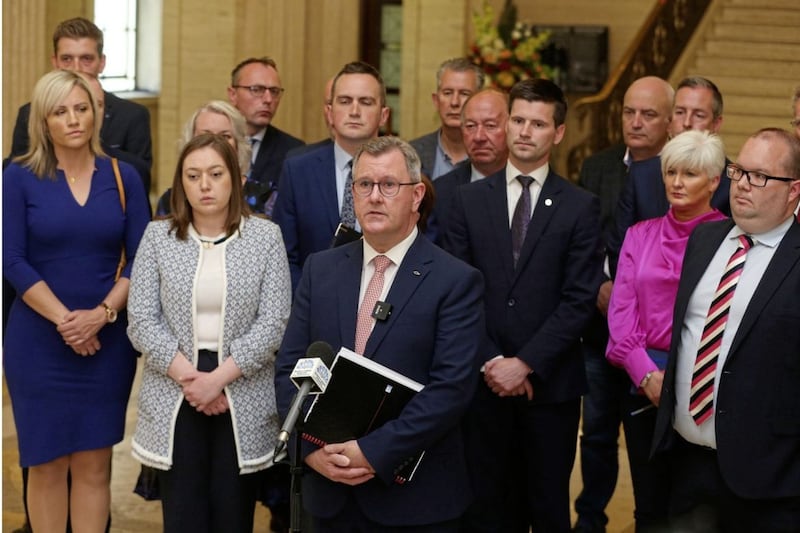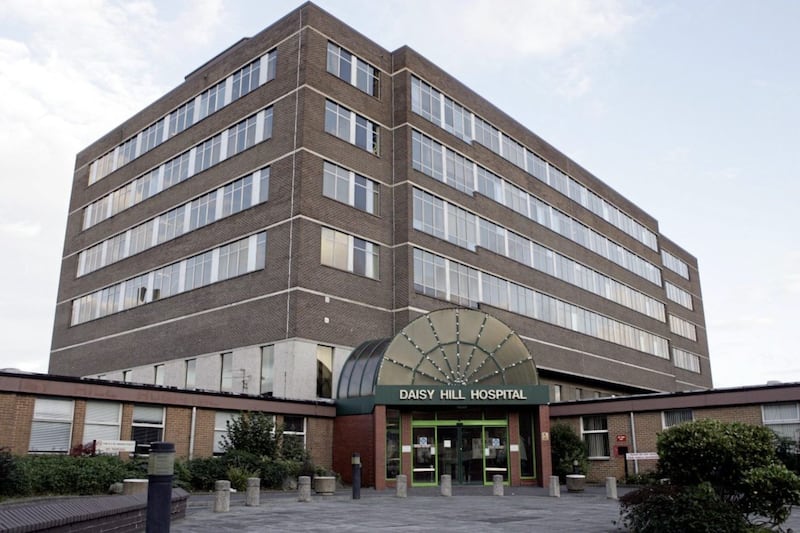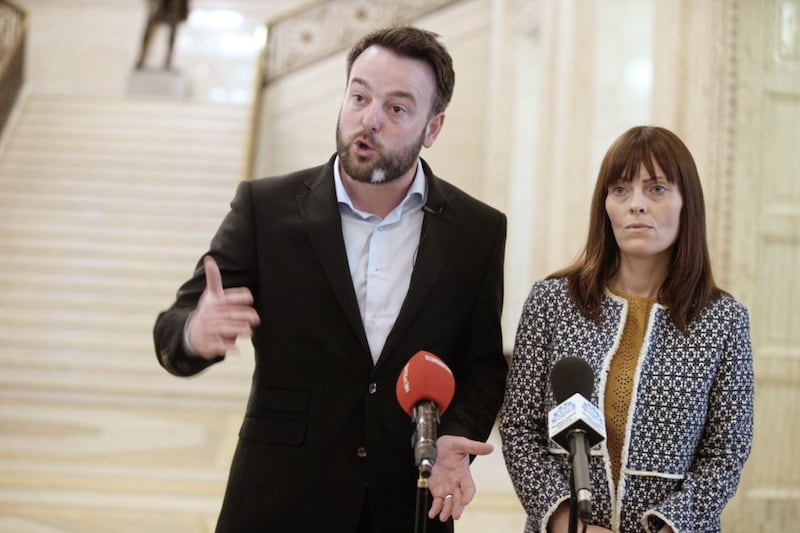AN UNENVIABLE in-tray will greet a newly-installed health minister as they face the massive task of overhauling a haemorrhaging service plagued by waiting lists and a demoralised workforce.
One of the most urgent priorities will be the rollout of reforms included within the Bengoa review which centres on the downgrading or "transformation" of at least half the north's 10 A&E hospitals - a proposal that goes back almost 20 years to the late Maurice Hayes in his major report on the sector.
It will be a health minister that has to ultimately sign off on which hospital will lose a 24-hour casualty department and instead house specialist services where planned procedures can take place.
Such a move will likely ignite public anger, as in the case of Daisy Hill hospital in Newry last spring when contingency measures to reduce its round-the-clock A&E unit due to short-staffing led to mass protests in the city.
Another difficult decision seeking ministerial approval will be a shake-up of stroke services across the north, with concerns that medical expertise is spread too thinly across the existing 11 specialist units and that they should be reduced.
A 'pre-consultation' on the plan took place last autumn but with the return of power-sharing, a proper consultation can now be green-lighted. While the medical evidence to centralise the clinics is compelling, it sparked an outcry in Fermanagh with more than 600 people attending a meeting to oppose the measure.
With the Department charged with policy making decisions, the introduction of a Duty of Candour forcing all healthcare professionals to admit their mistakes will also be a priority following the publication of a damning report into the hospital deaths of five children.
While civil servants say that preparatory work has already been carried out prior to the release of the Hyponatraemia report, its author Mr Justice O'Hara has described the 'candour' legislation as "central" to his 96 recommendations.
The hugely emotive abortion guidelines will also be near the top of the pile for a new minister, particularly in light of the upcoming referendum in the Republic.
Calls remain for the law to be changed in relation to cases of Fatal Foetal Abnormality, rape and incest. In addition, advice is still being sought by civil servants on whether health workers can lawfully refer women in Northern Ireland for free abortions in England.
Despite receiving the lion's share of Stormont's £10 billion budget, the permanent secretary at the Department of Health has repeatedly warned the squeeze on its funding is "greater than anything in recent memory".
An ageing population and increased demand for services is not only impacting on hospital waiting lists but also on social care packages, with a major report proposing the controversial introduction of means testing for home help care.
Major structural change of the north's overly bureaucratic health system will also be required, with the dismantling of the vast Health and Social Care Board to be undertaken by a new minister - a move that was ordered by former health minister Simon Hamilton in 2015 and should have been completed last March.








